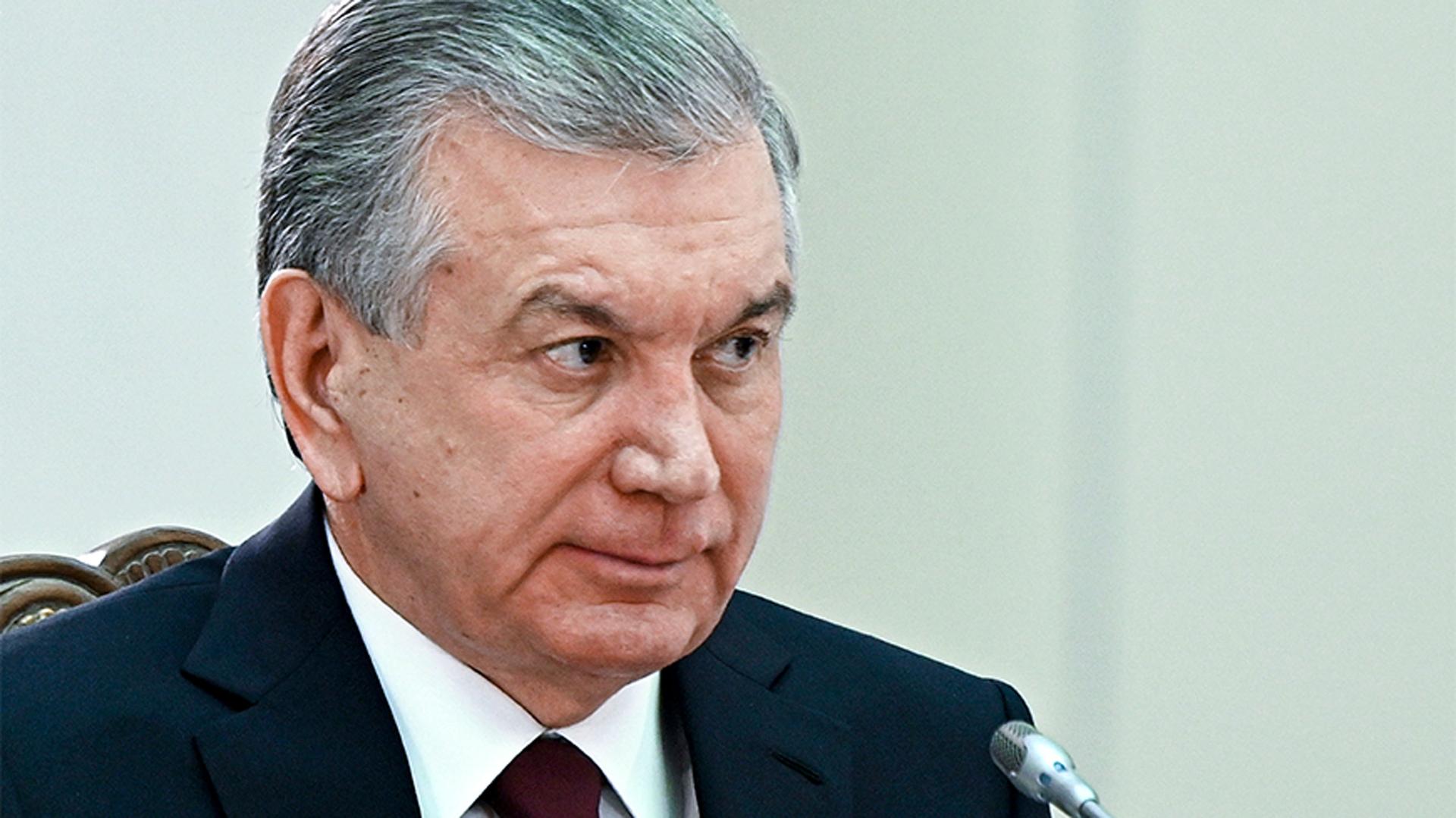Rare protests in Uzbekistan have left at least 14 civilians and four police officers dead in the northwestern province of Karakalpakstan. More than 200 others were also injured. Uzbek authorities say that it’s been the worst bout of violence the Central Asian nation has seen in nearly two decades.
Uzbek President Shavkat Mirziyoyev had recently proposed constitutional changes that would have prevented the Karakalpakstan region from holding a referendum on separating from the rest of the country, sparking the unrest in the region’s capital, Nuku.
Officials say that demonstrators tried to seize government buildings and clashed with police.
Mirziyoyev has since backed away from the proposal, but he still imposed a nighttime curfew for the region until Aug. 2.
Uzbekistan is the most populous country in Central Asia, ruled by successive authoritarian governments.
Related: Some Afghan university students find refuge — and hope — in Kyrgyzstan
Karakalpakstan — a semi-autonomous republic that enjoys close ties with Russia — is home to the Karakalpaks, a distinct ethnic minority group whose language is related, but distinct, from Uzbek. The region also has a parliament and its own flag.
“Karakalpaks feel that [because of] some of the policies the government has promoted, it’s meant that ethnic Uzbeks have moved more and more into this territory of Karakalpakstan to open up businesses, and that they’ve been neglected and, in many cases, forced to migrate to places like Russia and Kazakhstan,” said Steve Swerdlow, an associate human rights professor at the University of Southern California.
“There weren’t out and out calls for independence, but simply for retaining autonomy.”
“There weren’t out and out calls for independence, but simply for retaining autonomy,” he said.
“What we know is that the driving motivation for the constitutional reform process was to zero out the constitution and replace it with a new constitution, which would allow the current president to stand again for reelection and essentially continue his rule.”
Meanwhile, hundreds of people have been detained. Swerdlow explained that there are reports that “some of the journalists and bloggers who were active at the protests are already being charged with separatism and terrorism.”
He said that he hopes human rights organizations can do their job and to assess the number of people who died, and in what circumstances. “I do hope that the constitutional reform process will be put on hold and that there will be more consultation with the population as a whole.”
AP contributed to this report.
